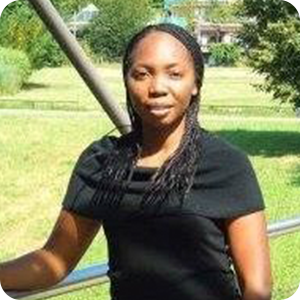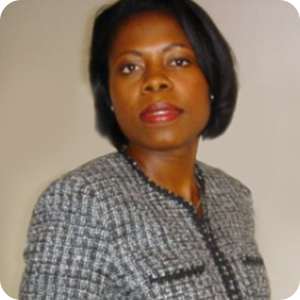Climate change, the effects of the COVID-19 pandemic, Russia’s invasion of Ukraine, and the energy crisis have raised the level of food insecurity worldwide. However, the numbers are not only growing but hunger disproportionately affects women and men. According to CARE statistics, of over 800 million people affected by hunger, two-thirds were women. How can the gender differences in food insecurity be explained? Check the answers of several international experts.
Key Takeaways:
- As food insecurity hits increasingly high records worldwide, the latest research suggests that of 828 million people affected by hunger in 2021, two-thirds were women.
- The gap between men’s and women’s food security has grown 8.4 times since 2018.
- According to the latest UN report, in terms of progress on the Sustainable Development Goals, the world is not on track to achieve gender equality by 2030.
- The disproportionality with respect to gender and food security slows down development while engendering problems for future generations.
- The international community can call for better coordination and alignment towards a common goal amongst development actors, a commitment on the part of the state to agreements, effective beneficiary targeting and advocate for greater leadership roles for the target audience.
DevelopmentAid: Why are women more affected by food insecurity than men?

“Unequal rights to resource ownership and control dictate women’s vulnerability to food insecurity across the globe. Depending on the region and society’s development, the manifestation of inequalities will vary in terms of its nature, spread and intensity. For example, in developing countries, where a huge percentage of women work in the agricultural sector, patriarchy limits women’s access to land and other productive resources, making them susceptible to food insecurity. In developed countries, gender income gaps, family structures, and sometimes weak focus on women in food and nutrition policies are some of the drivers of women’s exposure to food insecurity.”

“The main causes are complex and underline how deeply the world is interconnected. The unprecedented and ongoing COVID-19 pandemic and its disastrous economic consequences, other equally harmful diseases like monkeypox, and some new anthropogenic risks such as the increase in climatic phenomena, environmental disruptions and ecological disasters have cast their imposing shadows on our daily lives. The same applies to the multiplication of transnational issues such as regional and local conflicts, wars including the one currently being played out in Ukraine which is significantly exacerbating a global food situation and a global financial crisis. Given the complexity of contexts where events have an instantaneous and simultaneous impact, the problems generated are infinite as well as causing prosperity destruction and negative forces acting on people. Those who are caught up in such confrontations are men, women, people, representing living realities and therefore very vulnerable.”
DevelopmentAid: What is the impact of this disproportionality on international development?

“International development has evolved over the years to become more inclusive while concerted efforts are being made to achieve global development. The disproportionality with respect to gender and food security slows down development while engendering problems for future generations. The evidence varies across regions but the impact of macroeconomic issues affects the poor, most of whom are women, and smallholder farmers. The need to refocus, re-strategize, review roles and responsibilities, re-design interventions, re-visit the past while reframing development conversations and stakeholder participation are brought to bear by the situation.”
DevelopmentAid: What should the international community do in this regard?

“Development investment and intervention need to continue – in a different way. Structural factors that exacerbate gender inequality and predispose women to food insecurity need to be tackled alongside food and nutrition programs. The nature of the interventions is specific and most probably will vary depending on the region and economic development, but the interventions themselves should be balanced. The international community can call for better coordination and alignment towards a common goal amongst development actors, a commitment on the part of the state to agreements, effective beneficiary targeting and advocate for greater leadership roles for the target audience.”

“The international community has the duty to change the paradigm and bring about new forms of international solidarity. In the first instance, it must be truly united which was somewhat lacking during the COVID-19 pandemic crisis that tested multilateralism. It should focus on providing unconditional support for human development. There is no need for a set of new initiatives: adopt concrete and short-term measures, take appropriate action, set up ambitious programs, fast and time-limited, and above all integrated, endogenous and human-centered development. In addition, development assistance remains crucial. On closer inspection, there is enough capital when you look at the target official development assistance as a share of gross national income. Also, the available funds are not sufficient, and financing to end extreme poverty or to ensure universal health coverage is lacking. There is no lack of means. What is lacking is economic justice. All the same, in the framework of political design instruments public-private partnerships, private sector investment both domestic and foreign can play a useful role in combatting poverty and contributing to sustainable economic development helping to grow enterprises, increase jobs and generate revenues. As a matter of urgency, the international community should maintain trust by drastically capitalizing efforts in foreign aid programs on two specific areas such as education – formal, adult, ongoing lifetime learning schools and other aspects of skills building that create societies that are well educated. The second big dimension is health and wellbeing and in particular mental health which is needed for a healthful, productive, dignified life.”
Check out more than 80 job opportunities in the food security sector here.

